India has a significant opportunity to expand its agricultural commodities trade, particularly in the global south, where many countries rely on commodities for economic growth. These nations, many of which account for half of the world’s extremely poor, depend on trade to improve livelihoods, making it crucial for India to take the lead in democratizing global commodity markets. By focusing on price discovery and price risk management, India can play a pivotal role in reshaping the trade landscape for agricultural commodities, starting with the Rabi season.
In a recent move to empower farmers and boost rural economies, the Cabinet Committee on Economic Affairs (CCEA), chaired by Prime Minister Narendra Modi, announced a substantial increase in Minimum Support Prices (MSP) for key crops such as wheat, gram, lentil, rapeseed/mustard, and safflower. This decision is set to strengthen farmers’ income during the Rabi season, marking a significant shift in India's approach to agriculture and commodity trading. While this announcement is a win for farmers, it has sparked concern among commodity traders and inflation watchers, especially those trading in these vital crops. As farmers celebrate this pre-Diwali bonanza, commodity derivative futures traders will need to reassess their strategies in light of the changes.
India's focus on digitizing its cooperative economic framework is poised to unlock new opportunities for farmers and traders alike. With enhanced access to innovative technologies, farmers who once faced numerous barriers to benefiting from trade now have the chance to thrive. Historically, global commodity markets have been controlled by a few major players, with little democratization. While countries like the U.S. and Europe each boast around 20 commodity exchanges, smaller nations like Nepal have four. In contrast, India’s handful of exchanges limit market participation, making it critical to expand the country's trading platforms.
India’s efforts to democratize the commodity markets come at a time when global supply chains are facing unprecedented challenges. The war in Ukraine has heightened concerns about energy security and supply chain disruptions, while the global shift toward renewable energy has increased demand for metals and materials critical to green infrastructure. Meanwhile, fossil fuel markets face volatility, and the return to coal and diesel electricity generation highlights ongoing issues with grid stability.
For smallholders in developing countries, the challenges are even more pressing. Many small farmers are burdened by high production costs and limited access to financial services, which are exacerbated by uneven public service delivery, particularly in remote rural areas. As they struggle to access concessional capital, they are often forced into unfavorable short-term selling to middlemen. This problem is compounded in fragile and conflict-affected areas, where over 40% of the extremely poor reside. Without proper social safety nets, many of these farmers fall deeper into poverty during economic downturns.
Recognizing the need for global cooperation to address these challenges, the World Cooperation Economic Forum has proposed the creation of a Sustainability Fund of Commodities (SFC). This fund would provide much-needed support for smallholders and other vulnerable groups in the agricultural sector. The first meeting of the Forum’s Governing Council, the highest plenary body, will bring together all stakeholders to explore how best to implement this initiative.
India’s leadership in democratizing agricultural commodity markets has the potential to uplift millions of farmers while creating a more equitable global trading environment. The vision of empowering smallholders through innovative frameworks and digital platforms is crucial for sustainable economic development in the global south.
Jai Hind! Jai Kisan! Jai Sahkar!








 OpinionExpress.In
OpinionExpress.In

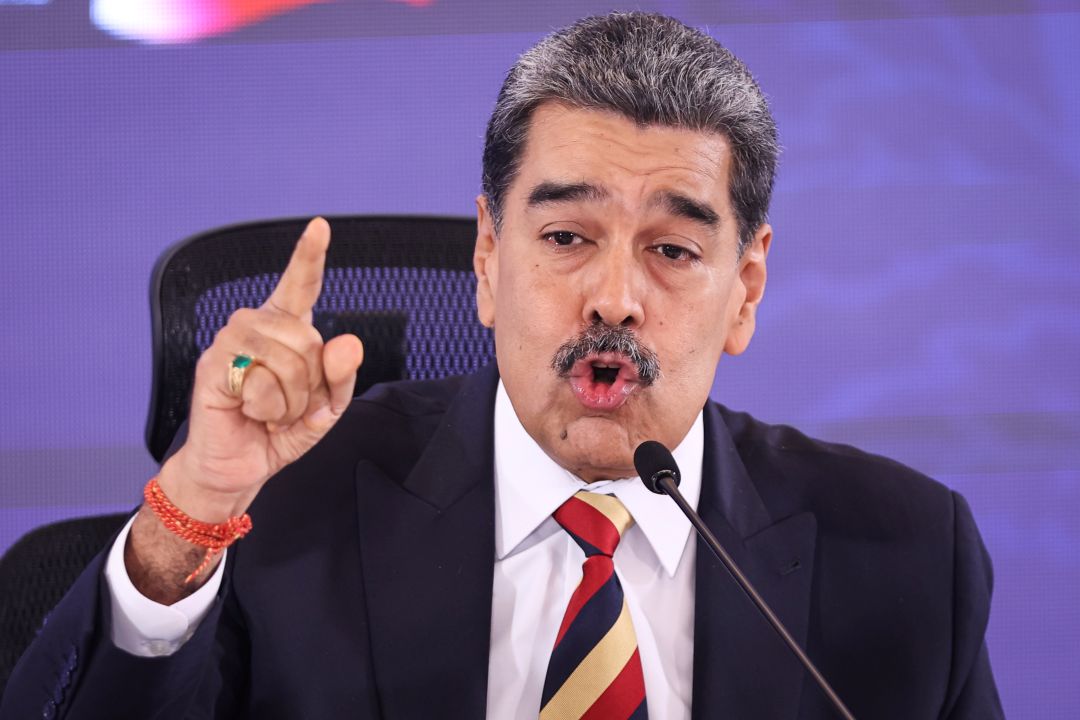

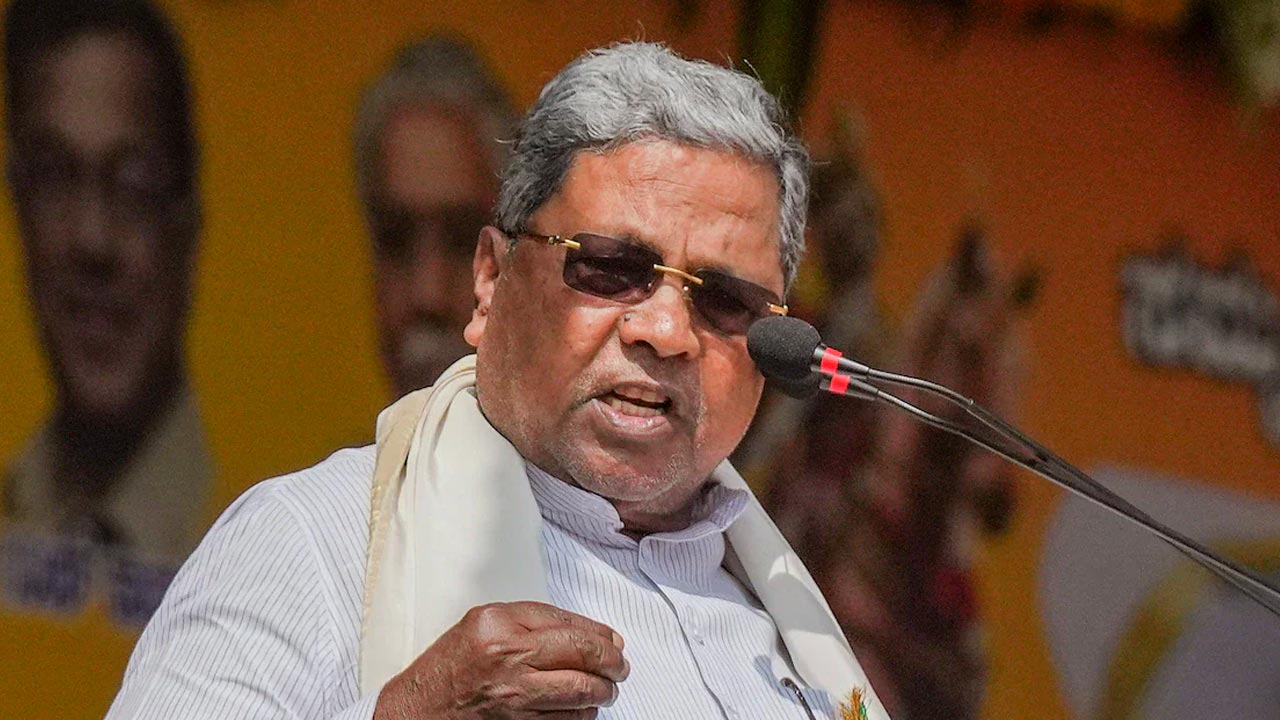
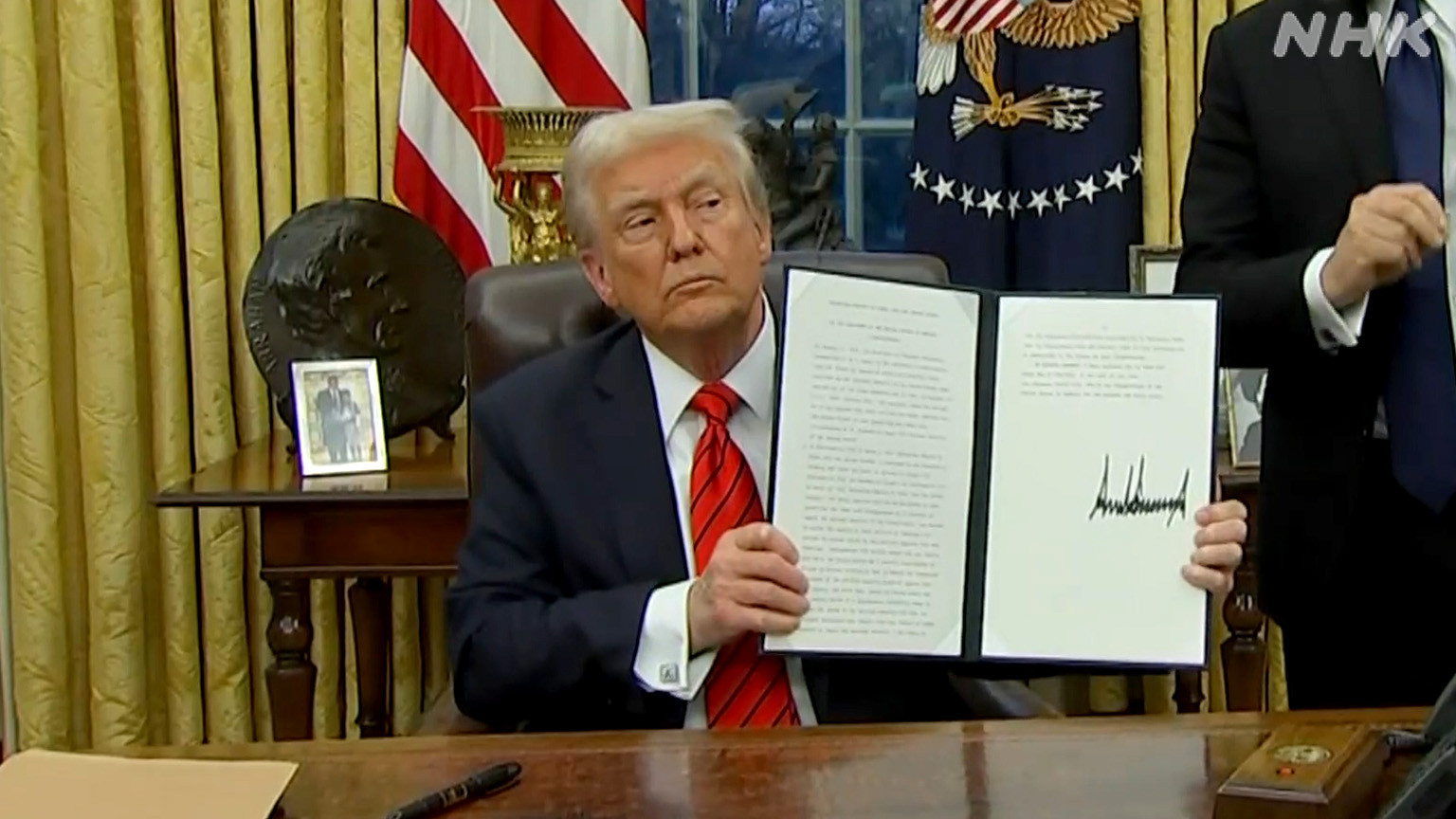
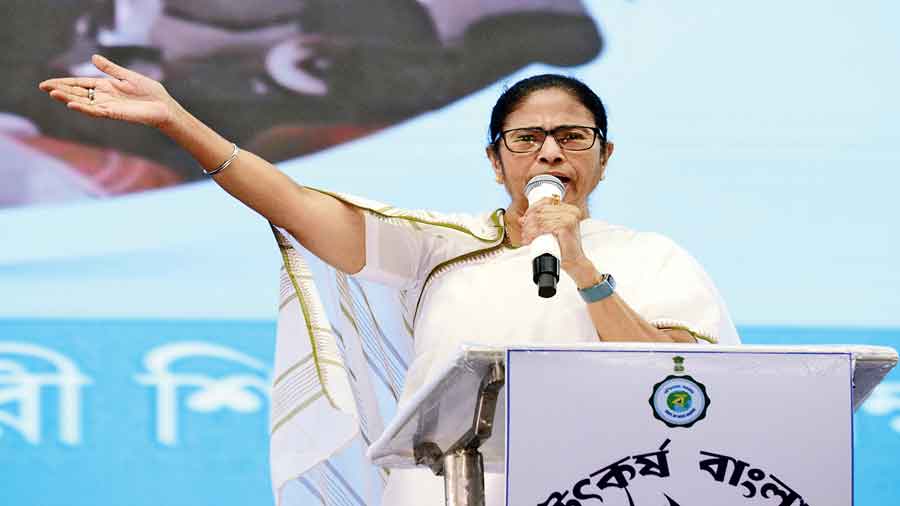
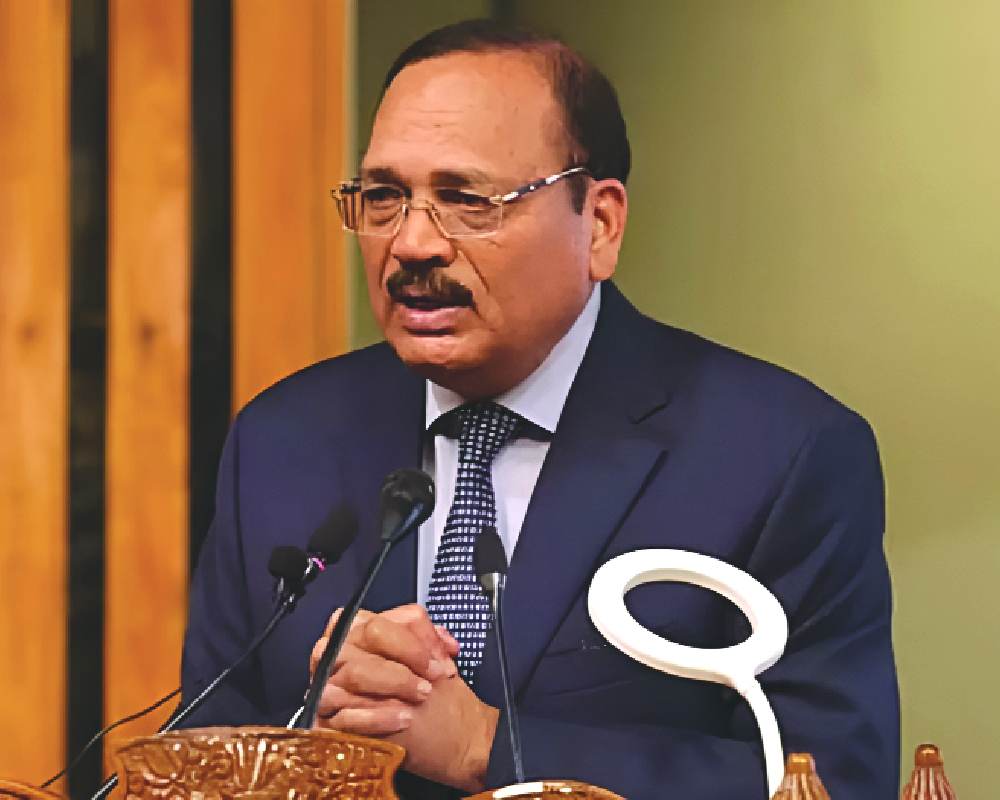
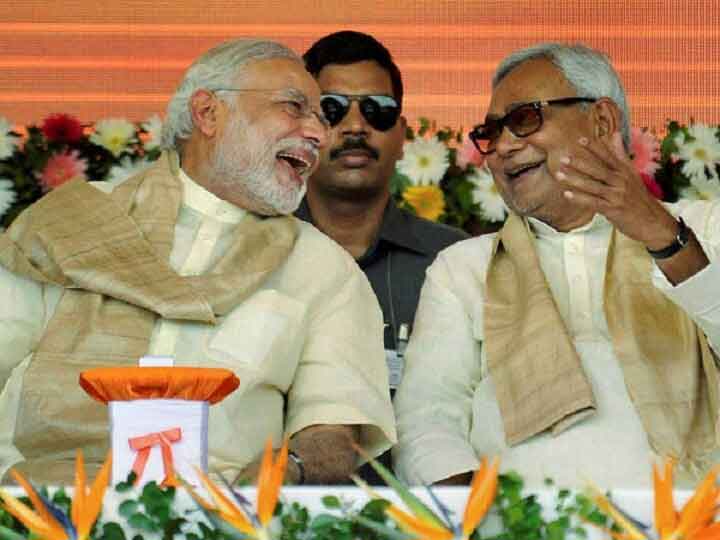







Comments (0)